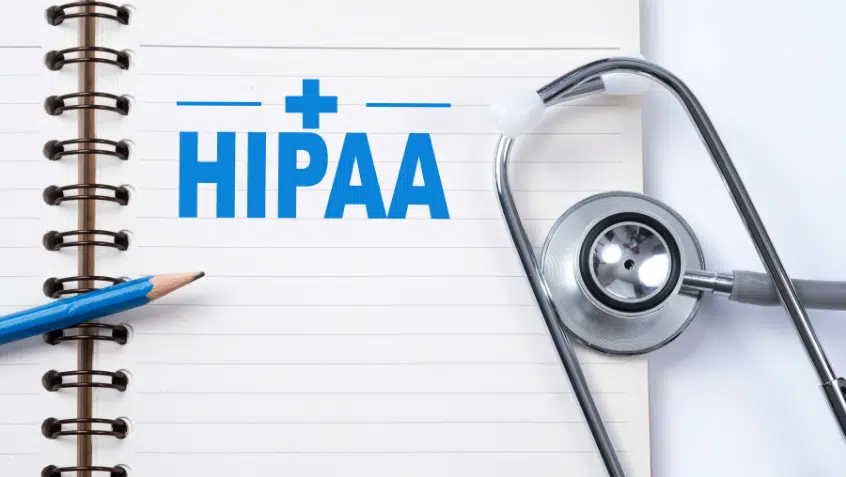
Medicare Rights Responds to Proposed HIPAA Changes
Today, the Medicare Rights Center submitted comments to the Health and Human Services Office of Civil Rights (OCR) in response to proposed



Today, the Medicare Rights Center submitted comments to the Health and Human Services Office of Civil Rights (OCR) in response to proposed

Dozens of U.S. Representatives and Senators sent a letter late last week urging the Biden administration to support the inclusion of Supplemental

The U.S. Department of Health and Human Services (HHS) Office of the Assistant Secretary for Planning and Evaluation (ASPE) recently

At least 110 million people in the United States have received at least one dose of any of the three

Last month, the Biden administration began work to reverse a harmful public charge immigration rule that disproportionately harmed older adults

The COVID-19 public health emergency (PHE) sparked a host of major changes to the Medicare program, including wider use and

The United States spends more for health care per capita than other high-income countries and does not have better outcomes

The Biden administration recently took two important steps to preserve health care coverage for millions of Americans. First, the Department

Historically, Medicare has done significant work in reducing racial and ethnic disparities in health status and access to health care, including driving the desegregation of America’s hospital systems in the 1960s. However, as a new report from the Kaiser Family Foundation demonstrates, that work remains incomplete. Not only do racial and ethnic disparities persist, the COVID-19 pandemic has exacerbated them.

A new research paper demonstrates that cost-sharing in Medicare’s prescription drug program causes people to avoid care, to the detriment

Today, the Medicare Rights Center submitted comments to the Health and Human Services Office of Civil Rights (OCR) in response to proposed

Dozens of U.S. Representatives and Senators sent a letter late last week urging the Biden administration to support the inclusion of Supplemental

The U.S. Department of Health and Human Services (HHS) Office of the Assistant Secretary for Planning and Evaluation (ASPE) recently

At least 110 million people in the United States have received at least one dose of any of the three

Last month, the Biden administration began work to reverse a harmful public charge immigration rule that disproportionately harmed older adults

The COVID-19 public health emergency (PHE) sparked a host of major changes to the Medicare program, including wider use and

The United States spends more for health care per capita than other high-income countries and does not have better outcomes

The Biden administration recently took two important steps to preserve health care coverage for millions of Americans. First, the Department

Historically, Medicare has done significant work in reducing racial and ethnic disparities in health status and access to health care, including driving the desegregation of America’s hospital systems in the 1960s. However, as a new report from the Kaiser Family Foundation demonstrates, that work remains incomplete. Not only do racial and ethnic disparities persist, the COVID-19 pandemic has exacerbated them.

A new research paper demonstrates that cost-sharing in Medicare’s prescription drug program causes people to avoid care, to the detriment